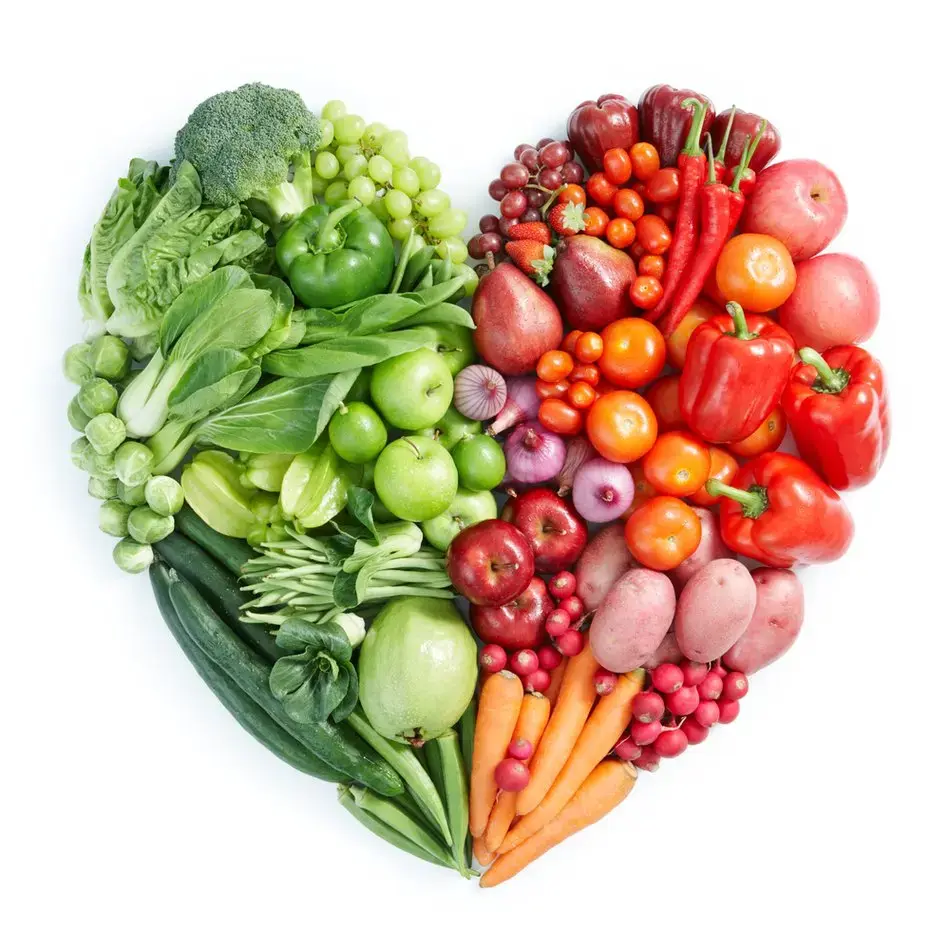Increasing voluntary contributions at congregate meals program sites

Fruit and vegetables in the shape of a heart
What was the challenge?
Administration for Community Living (ACL)’s Administration on Aging in the U.S. Department of Health and Human Services (HHS) provides grants to states to help support nutrition services for older people. The congregate meals program provides healthy meals served in group settings, with the aim to keep older Americans healthy while also presenting opportunities for social engagement, information on healthy aging, and meaningful volunteer roles, contributing to health and well-being as participants age. ACL was interested in building evidence about effective strategies to ask for voluntary contributions, without compromising participation.
What did we do?
OES and ACL piloted different methods of soliciting voluntary contributions for the congregate meals program. Congregate meals sites in Maryland were randomly assigned to receive one of two types of table tents highlighting a donation request, or to not receive any table tents. OES developed an intervention that was low cost, easy to implement, only minimally reliant on volunteers or staff, and could be implemented in a large range of different sites. To design the intervention, ACL’s Office of Nutrition and Health Promotion Programs put out a national call for examples from senior meal programs throughout the country, and OES conducted site visits and interviews with program staff and participants at selected sites, and solicited feedback on design from meal program directors and ACL staff.
What did we learn?
The table tents did not significantly increase contributions in the pilot. Missing data played a significant role in our analysis and interpretation of results, and further evaluation would be greatly enhanced by even small changes in how data is collected and reported. ACL will be sharing findings on the National Resource Center on Nutrition and Aging platform. However, the ongoing COVID-19 pandemic has dramatically shifted how senior nutrition programs provide services to older adults, including how programs ask for voluntary contributions.
